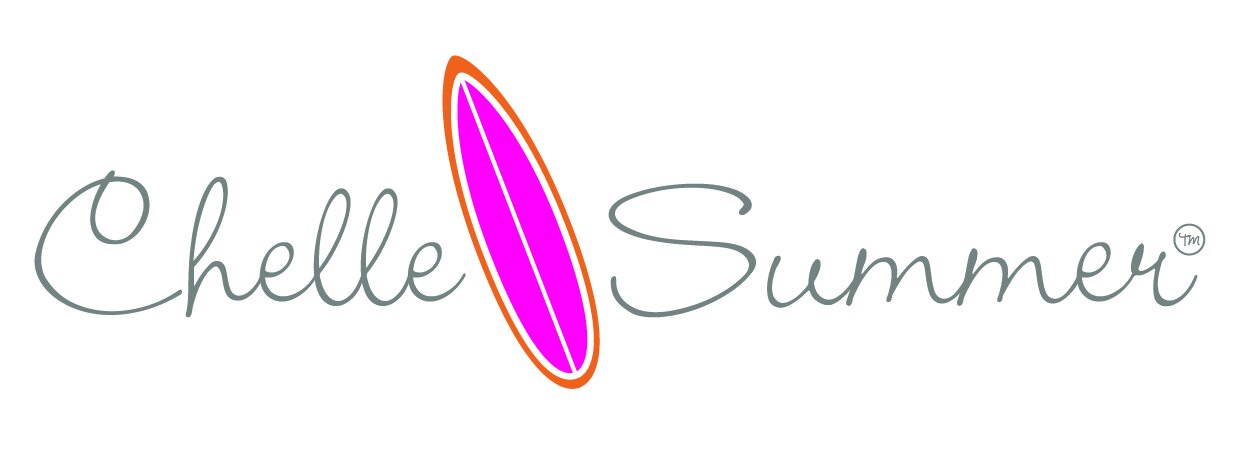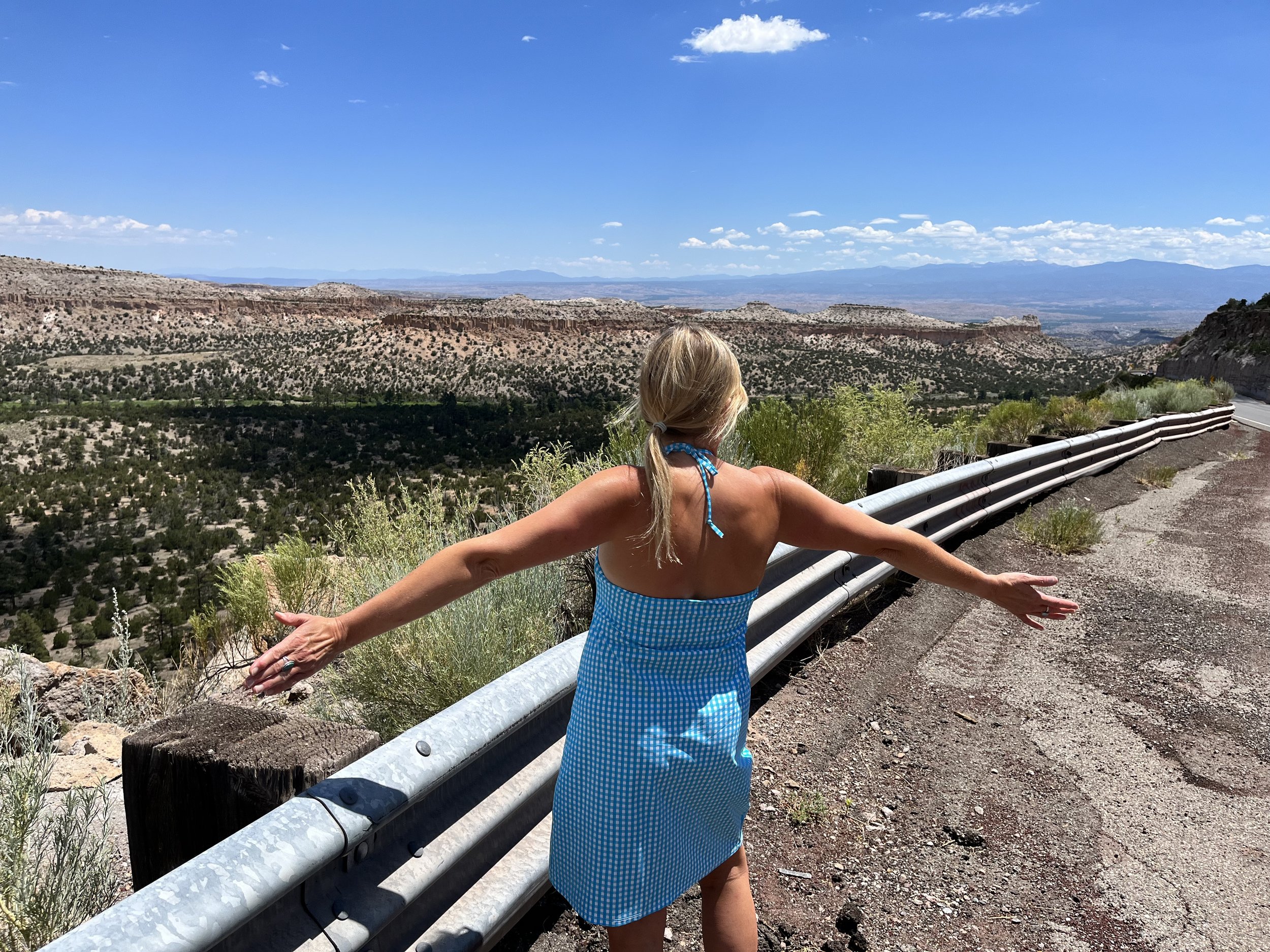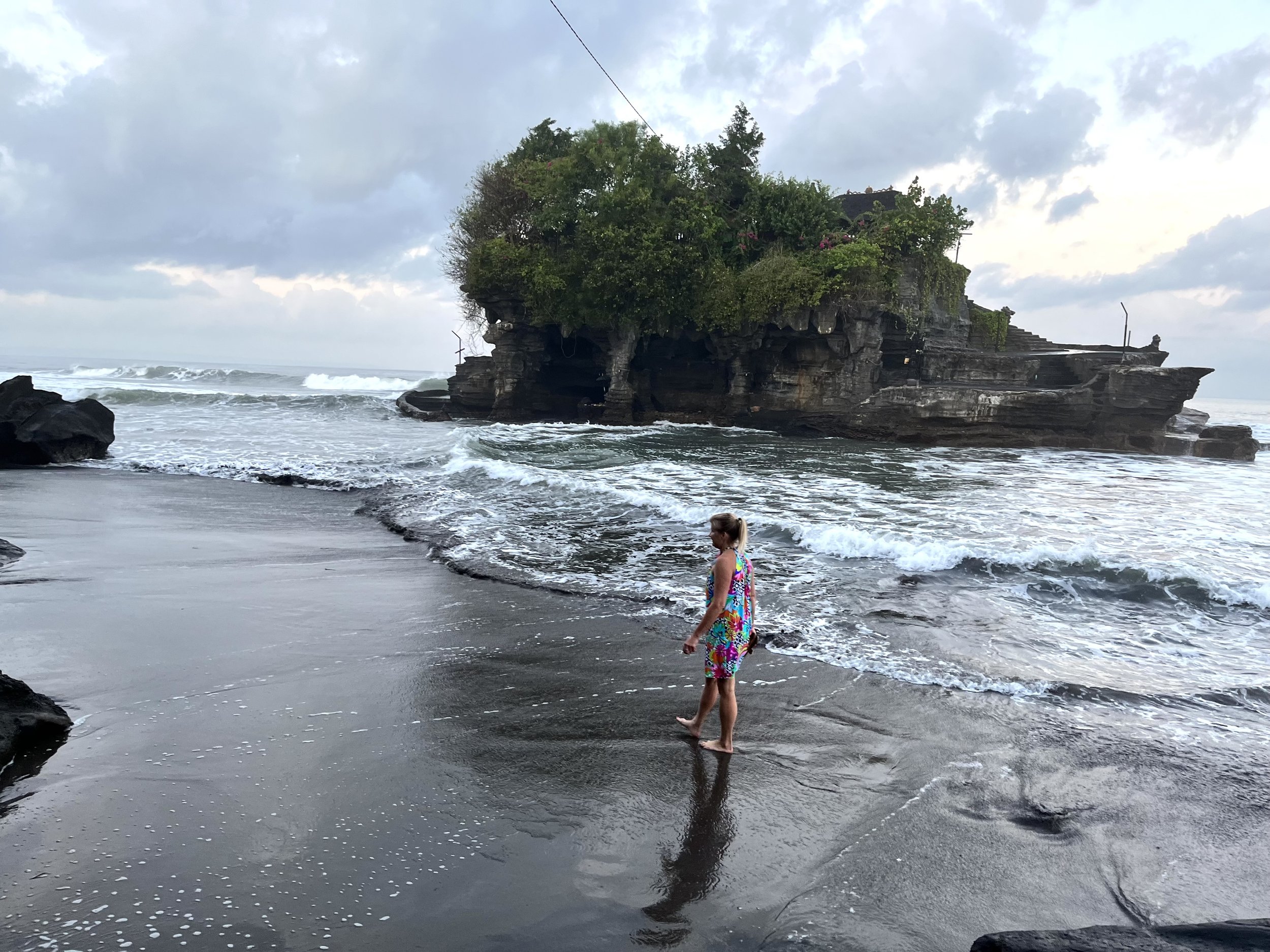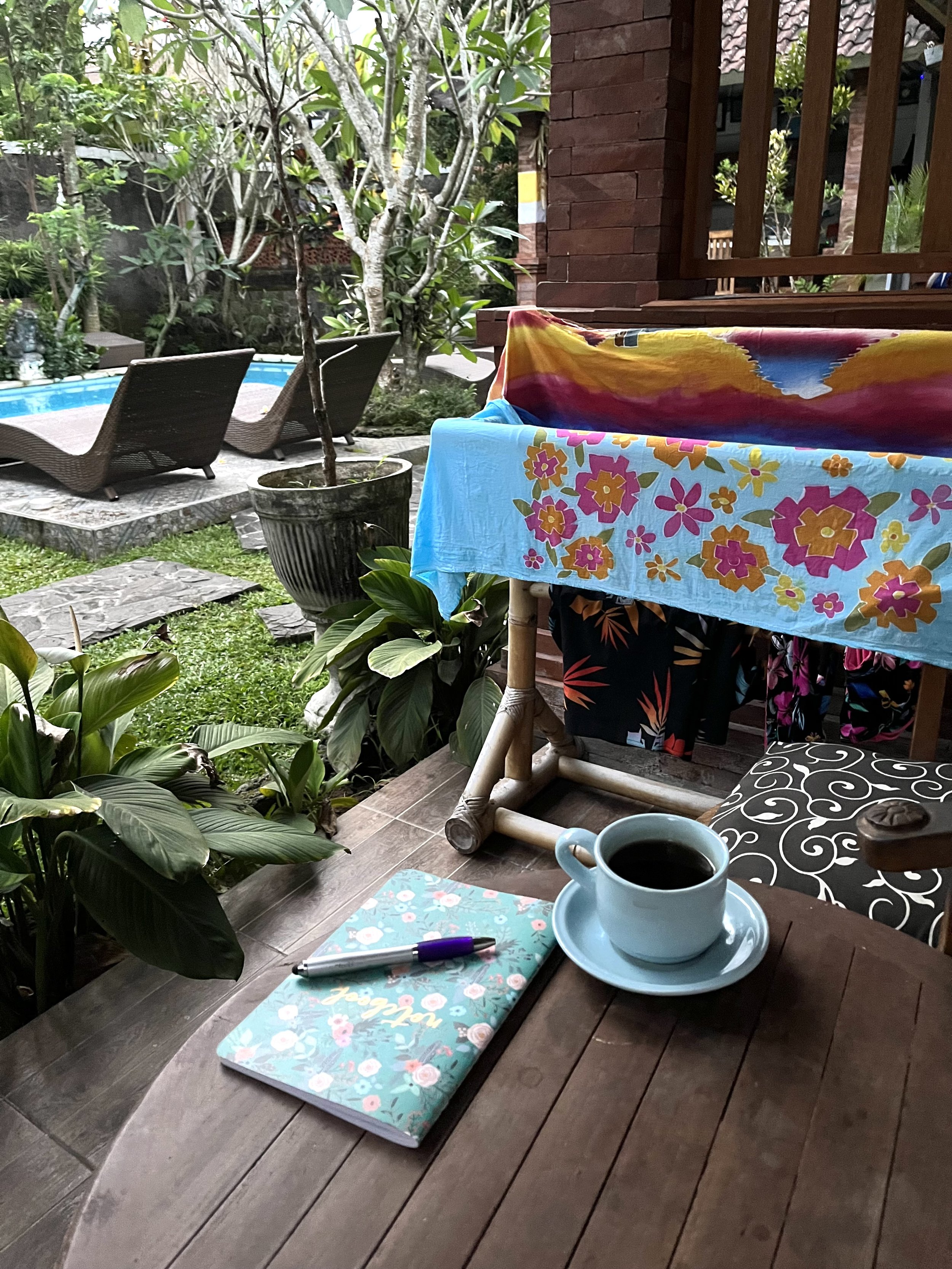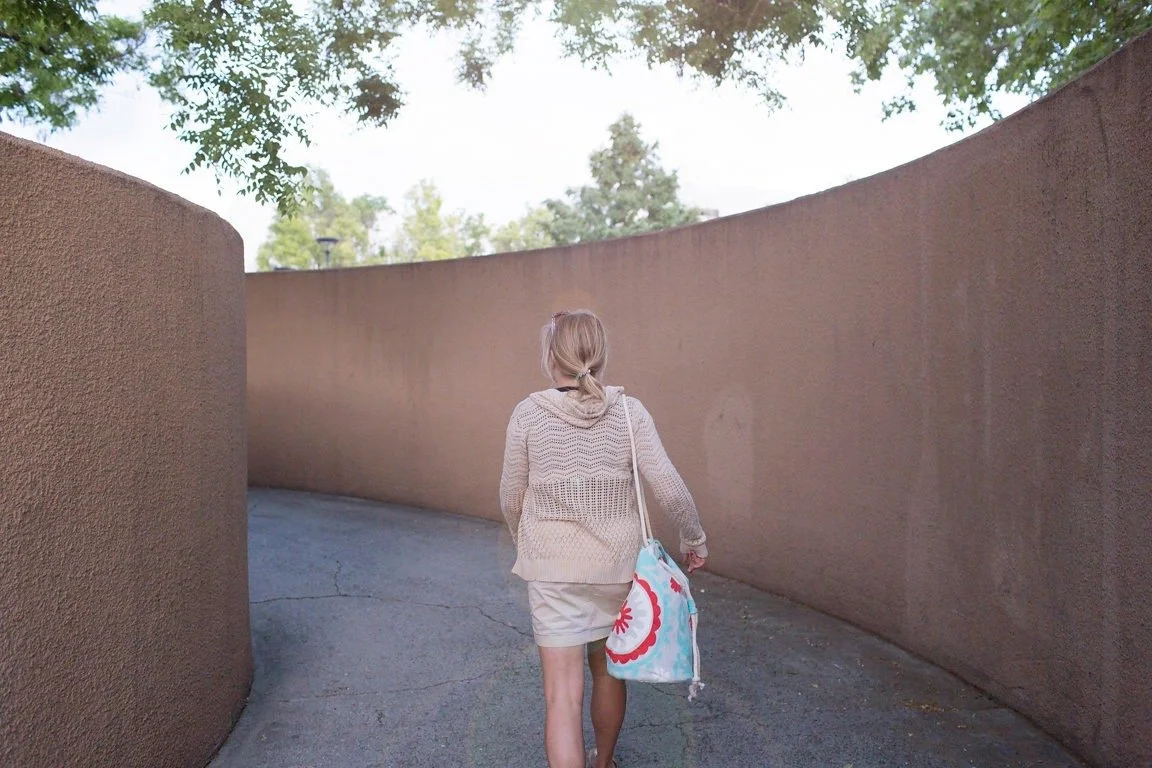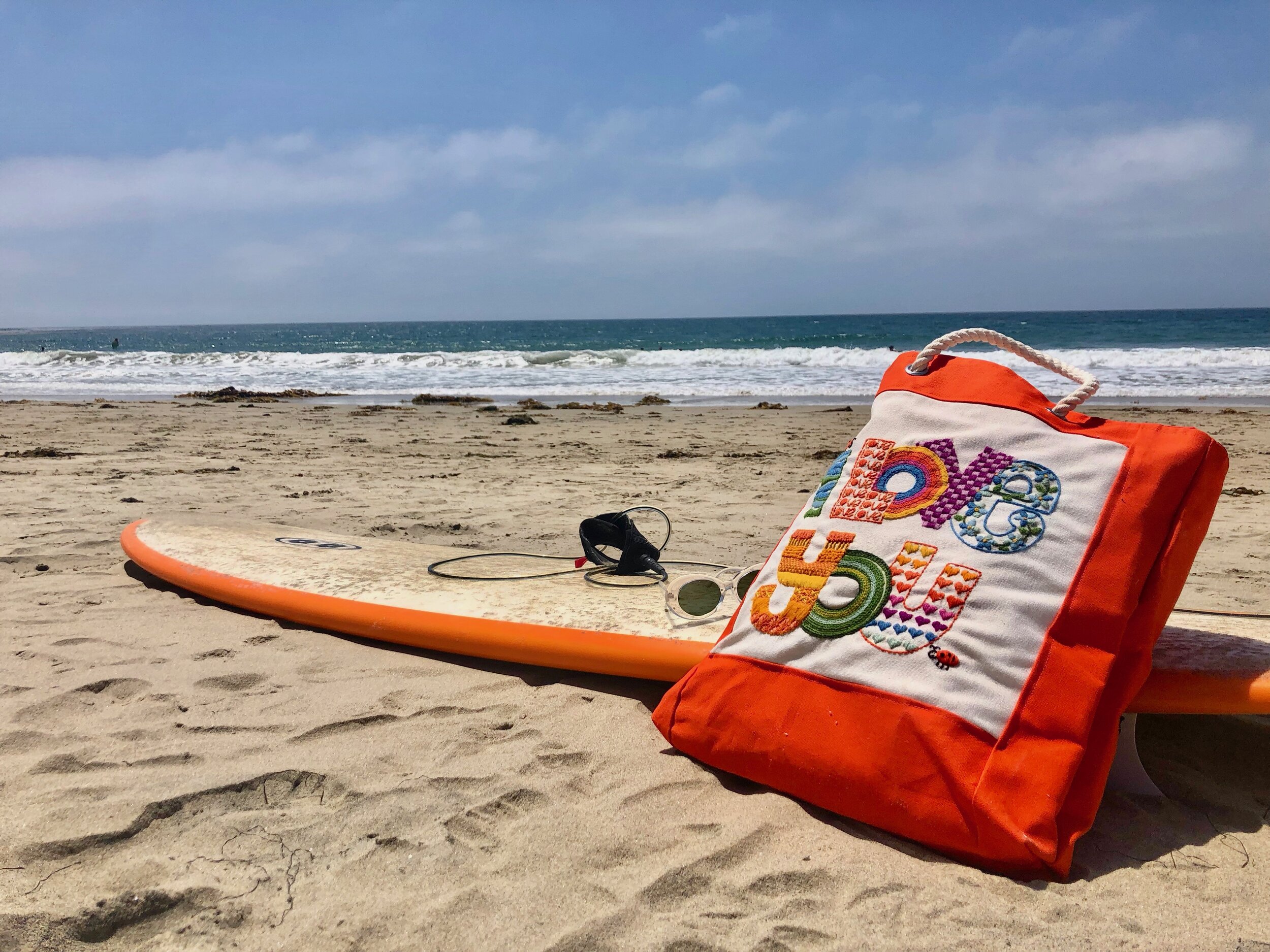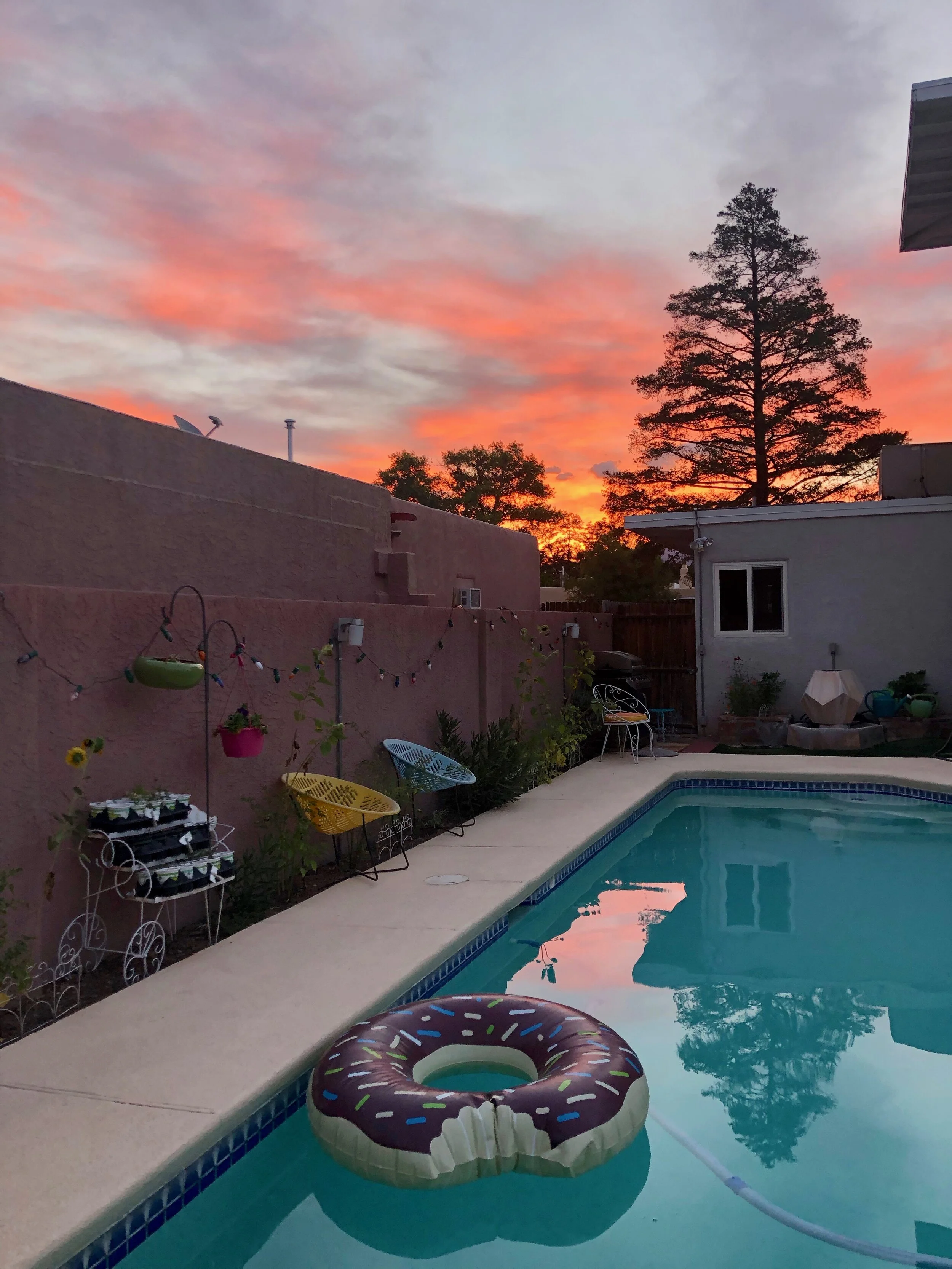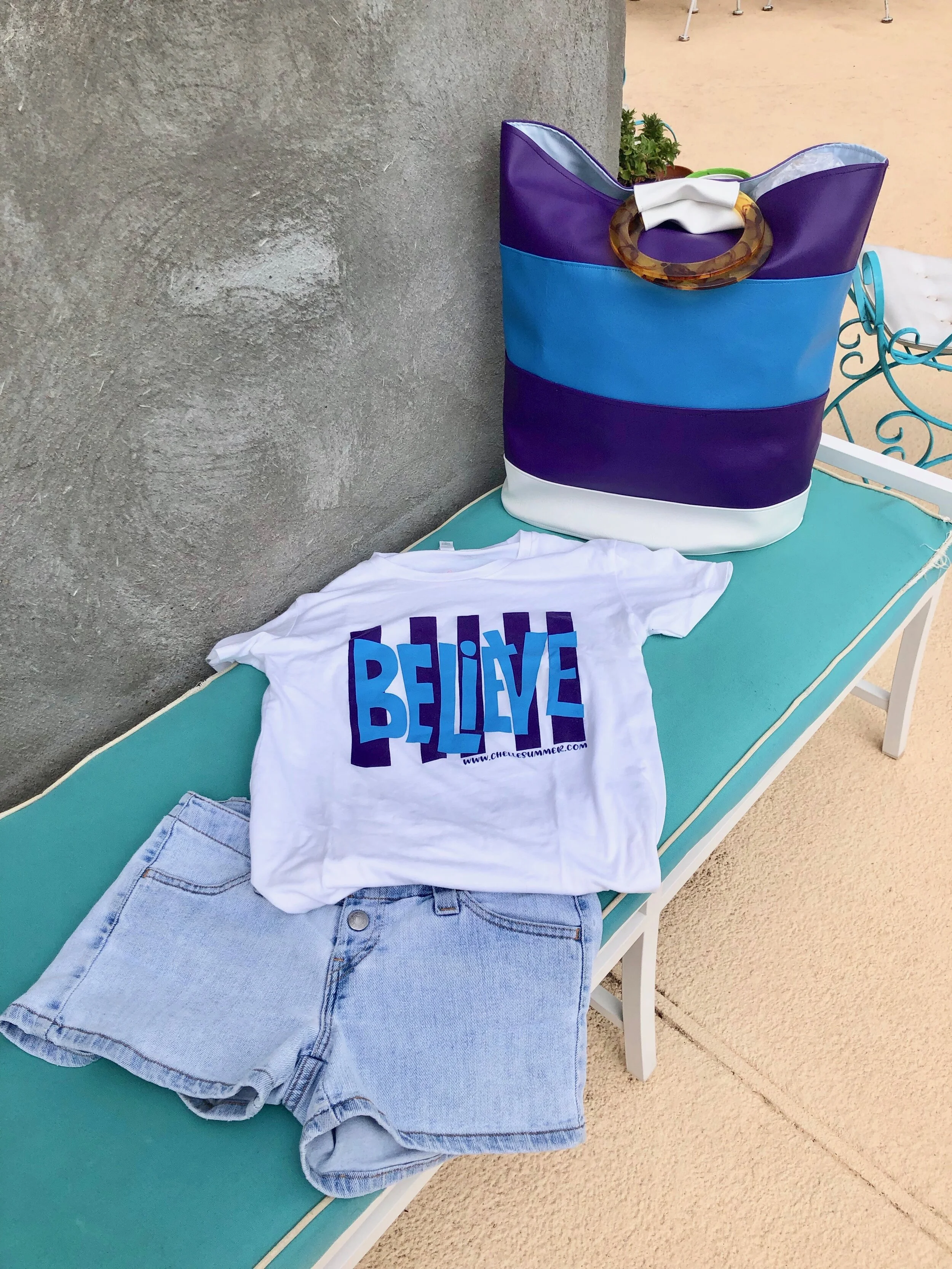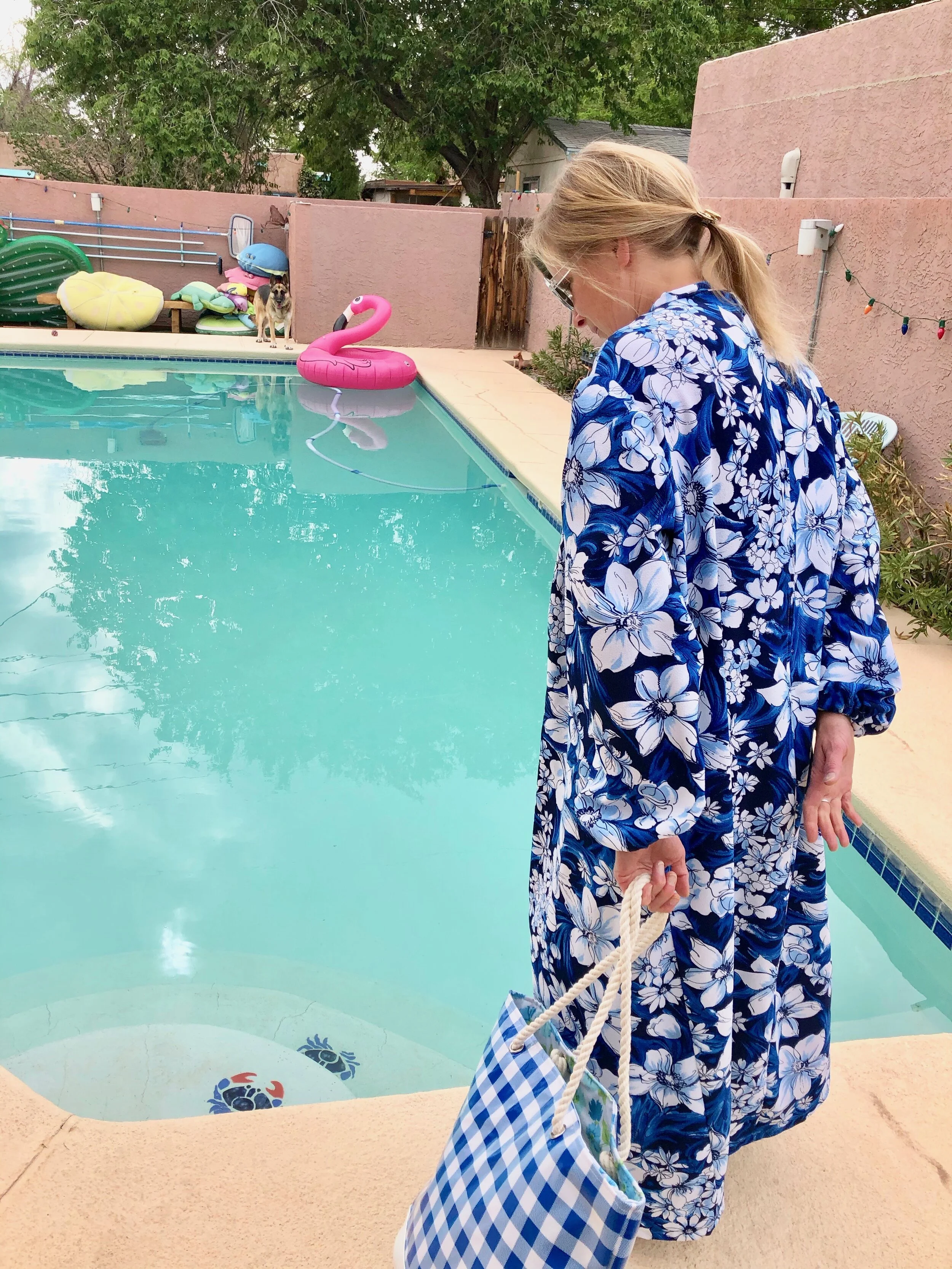While there are a great many lessons that came from the suicide of my younger sister Denise, probably the most profound one was that I couldn’t stop living my life because she had died.
I was twenty-one when she died and when I would speak, I always said that before her death the world was my oyster. I knew I was bound for greater things than even I could see in front of me. But after she ended her life, I felt like the oyster shell had slammed shut on me. The key was I had to figure out how to push it back open, to see the open road and everything beyond that hill in front of me again.
In meeting people in the thirty years since Denise died, I have encountered countless people who have chosen not to move forward. These are people stuck in their grief, stuck in the pain, and many times refusing to budge from where they are. I wasn’t going to be one of them.
I have always known that I can’t change the past which means I also can’t bring my sister back. And when she died, I was twenty-one, I had a long life ahead of me. I wasn’t going to be destroyed by the loss. Life is short (Where have these thirty years gone? Heck, where has October gone?).
That’s not to say it was easy as it wasn’t and some days it still isn’t. As our world continues to evolve, and not necessarily in good ways it seems lately, I have to really reach inside myself and remember that I pried that oyster shell open once and I can do it again. Yet I also don’t want to have do to it again so instead I look up and ahead of me. I look at the view. I see the hope. I see the vista that stretches for miles.
And I remember that’s why I continue to forge forward.
